The Princely States: British Paramountcy and Internal Administration 1858-1948
In stock
In this work, based on the original sources, various facets of the British paramountcy in operation in the Princely States have been examined and analysed with special reference to the Kapurthala State. It has been sought to be established that during the period 1858-1947 there was an ever-increasing intervention of the Imperial Government in the internal affairs of the States which was conspicuously evident in the matters of succession, coinage, opium trade, railway, post and telegraph, disputes between the Princes and their collaterals, administrative arrangements during the minority of the Chiefs, Prince’s visits to foreign countries, appointment of Europeans and military establishment in the States. Such a manifold intervention was exercised very often in violation of the existing treaty-stipulations. With the result, the Princes were left with only limited exercise of authority in internal affairs and that too subject to overall control and supervision of British Political Officers. Peculiar features of the British relations with the Kapurthala State have been brought out clearly. The all-pervasive British paramountcy inevitably left its prominent impact on various aspects of internal administration of States such as the central and local administration, land revenue system, judicial and police system, education and public works. All these aspects have been discussed comprehensively and critically in respect of the Kapurthala State, highlighting the changes effected on modern lines. Significantly, a large number of Europeans had been appointed on high position in the various departments of administration of the Kapurthala State under whose direction important reforms were brought about which were commensurate with the requirements of the colonial rule. The main shortcomings of the administration of the princely regime have also been pointed out which resulted in the launching of the people’s movements like Central Zamindara League and the Praja Mandal movement against the State authorities. The reaction of the public opinion expressed through press and platform has not been ignored.

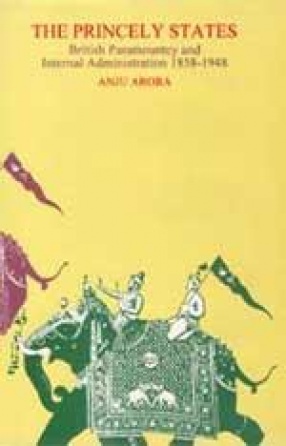
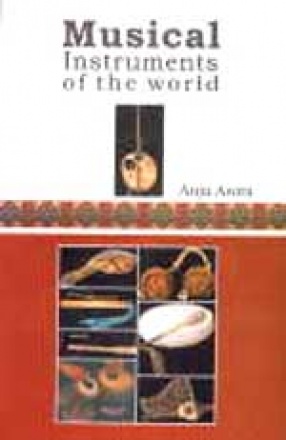
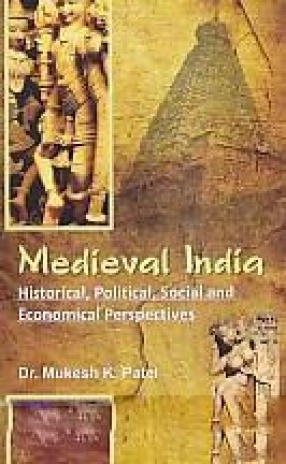
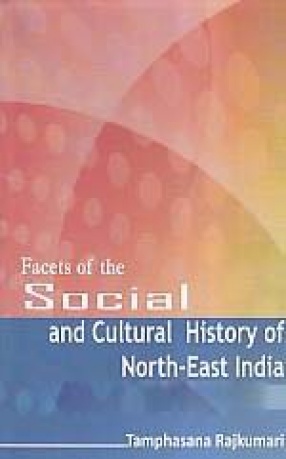
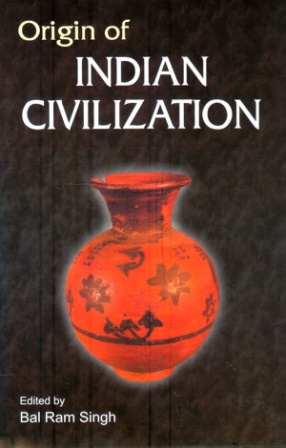
There are no reviews yet.